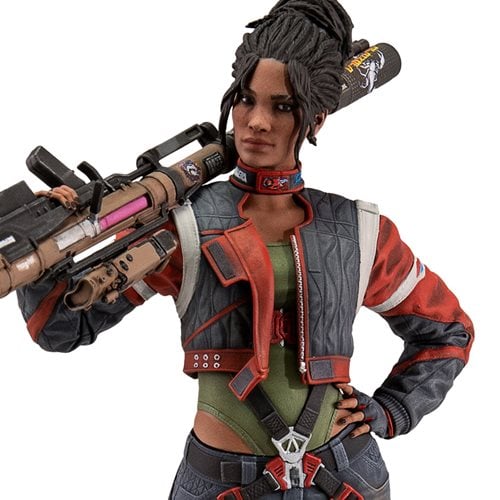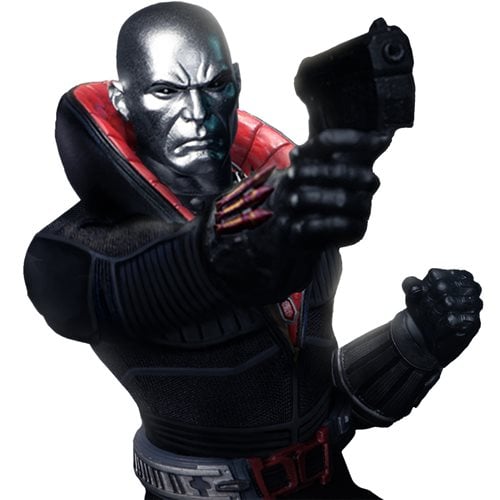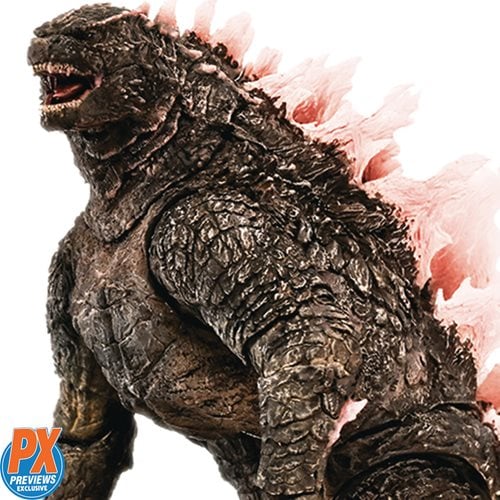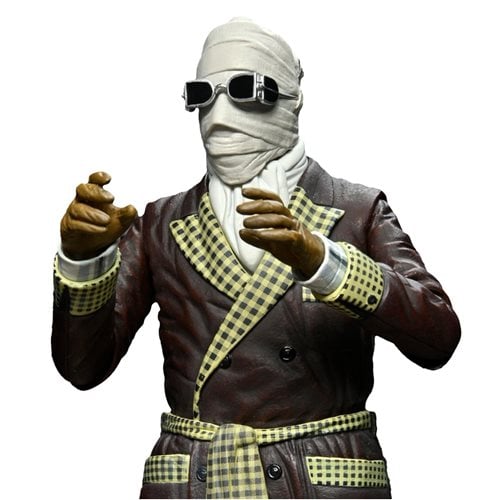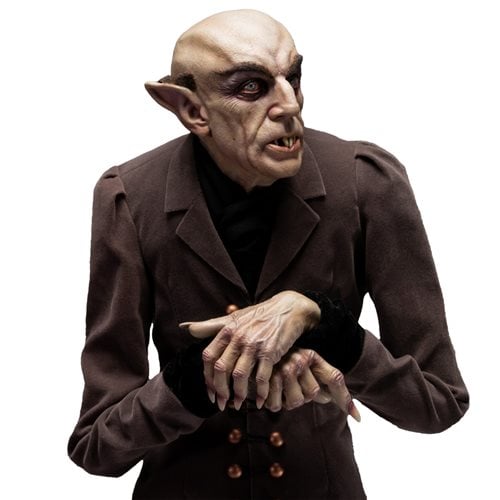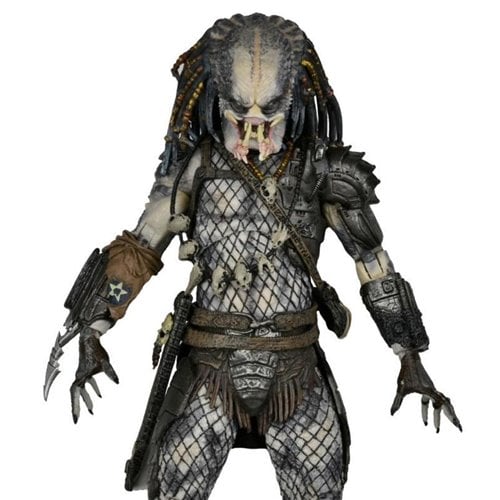 According to reports, Warner Bros. Pictures and Silver Pictures have purchased a spec screenplay based on DC Comics' "Wonder Woman" from writers Matthew Jennison and Brent Strickland, while producer Joel "Lethal Weapon" Silver continues developing the big-screen adaptation with Joss "Buffy The Vampire Slayer" Whedon still attached to write and direct.
According to reports, Warner Bros. Pictures and Silver Pictures have purchased a spec screenplay based on DC Comics' "Wonder Woman" from writers Matthew Jennison and Brent Strickland, while producer Joel "Lethal Weapon" Silver continues developing the big-screen adaptation with Joss "Buffy The Vampire Slayer" Whedon still attached to write and direct.The reports say the purchase is a pre-emptive measure aimed at taking the spec script off the market, due to similar themes, although the Jennison-Strickland script is set against the backdrop of World War II and Whedon's script is set in the present day.
 Whedon created/executive produced "Buffy the Vampire Slayer" for seven seasons on the WB and UPN Networks, based on his script from the 1992 feature, created/exec produced spinoff series "Angel" and wrote screenplays for "Toy Story" and "Alien: Resurrection".
Whedon created/executive produced "Buffy the Vampire Slayer" for seven seasons on the WB and UPN Networks, based on his script from the 1992 feature, created/exec produced spinoff series "Angel" and wrote screenplays for "Toy Story" and "Alien: Resurrection"."I think she sort of sprang out fully formed, much like Athena herself," said Whedon.
"In the forties, when it was first done, she came to the world from 'Paradise Island' and then went about her business, so that experience, which is really a rite of passage, the same as any hero has to go through, has never really been investigated the way I want."
 "Wonder Woman' was created in the 1940's by Harvard-trained psychologist Dr. William Moulton Marston, writing under the byline 'Charles Moulton'.
"Wonder Woman' was created in the 1940's by Harvard-trained psychologist Dr. William Moulton Marston, writing under the byline 'Charles Moulton'.Among Marston's many world views was that civilization was reverting into a 'matriarchy' and that females would ultimately use innate powers of 'sexual enslavement' to achieve dominance over men.
These theories secured Marston the position of 'consulting psychologist' to womens' magazine 'Family Circle' and in an interview published October 25, 1940, he touted the positive aspects of the booming war-time comic book industry.
His comments were well received by publisher M. C. Gaines of "All American Comics", sister company of DC Comics leading to Marston's appointment to the 'Editorial Advisory Board' of both companies.
Marston submitted his first comic book script "Suprema, the Wonder Woman" to DC Comics with illustrations by artist 'Harry Peter' (!) In 1942, the 'Suprema' name was dropped, and "Wonder Woman" debuted in "All Star Comics 8" (December 1941-January 1942), going on to feature in "Sensation Comics" and "Wonder Woman".
As Marston continued to infuse female 'dominance' themes throughout his scripts for "Wonder Woman", his assistant "Dotsie" Richard moved in with him and his wife Elizabeth, with Marston fathering two children by each woman.
 "There's a reason why she has those bracelets, " said Whedon.
"There's a reason why she has those bracelets, " said Whedon."There's a reason why she's got the lasso. I think it's going to work out really well."
Click here for more "Wonder Woman"



















